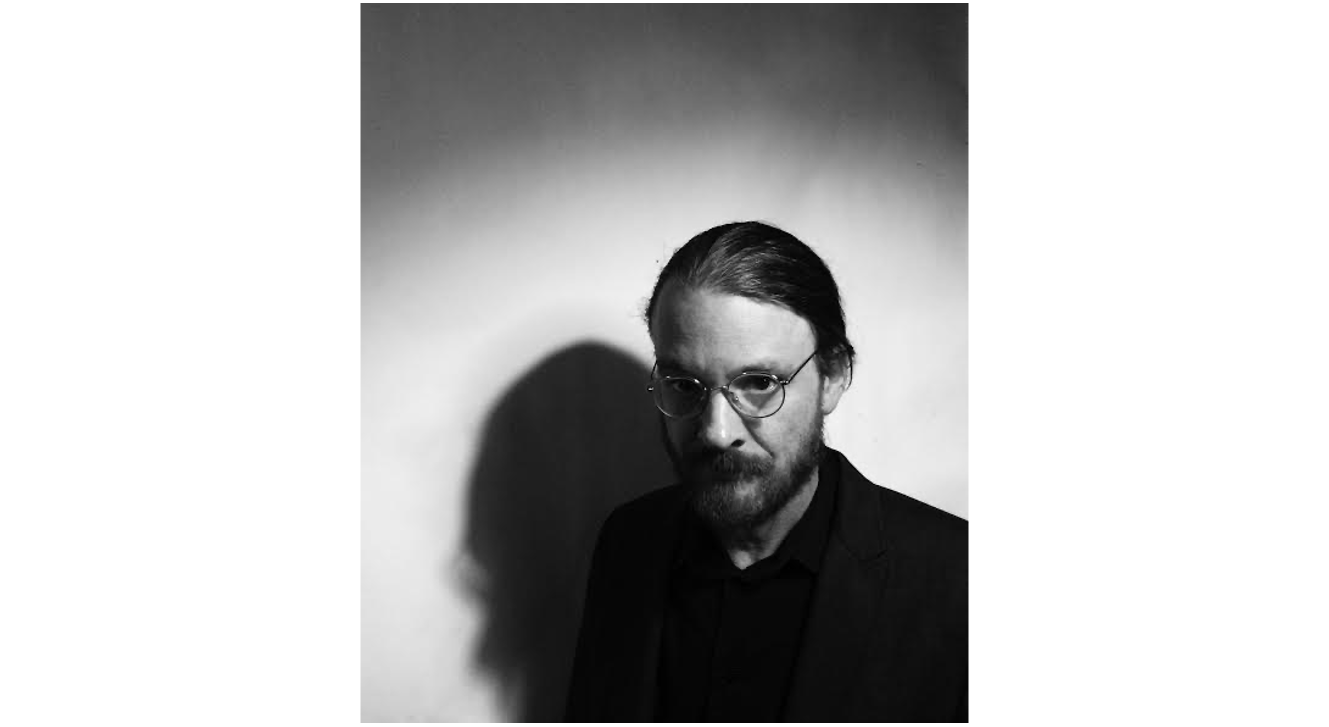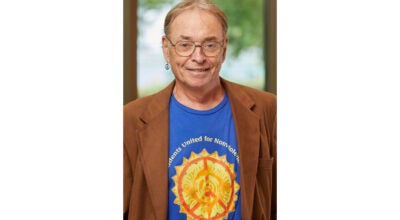An Eye For An Eye? So Many Are Already Blind
Published 5:17 pm Monday, November 6, 2023

- Derek Royden
|
Getting your Trinity Audio player ready...
|
By Derek Royden
In March of 2020, when we retreated to our homes in the face of a terrifying new disease, there was a moment when it seemed like there was a chance that we might come out of the crisis with better, more compassionate societies. As the crisis continued, the opposite seemed to happen, as many gave in to feelings of rage and significant numbers fell down strange conspiratorial rabbit holes.
As things returned to ‘normal’ over the last year and change in most developed countries, the rage remained and found new outlets. In the United States, the world watched in horror as a demagogue and his supporters attacked the very foundations of the country’s democratic republic.
Other tragedies occurred in Eastern Europe and the global south but a new one in the Middle East has unleashed the underlying rage in a way that seems to have absolved many from feeling empathy and is leading to the dehumanization of two peoples on a scale not seen since the beginning of the so-called war on terror more than 20 years ago.
A series of coordinated attacks by Hamas and Islamic Jihad into Israel from the locked-down Gaza strip not only punctured the myth of that country’s all-seeing security services but unleashed terrible violence on innocent people, including young festival goers. As of this writing, more than 1400 Israelis are believed dead.
What came next was unsurprising given the history. Many, not only in Israel, but in Europe and North America began to insist that the people of Gaza and even all Palestinians bore responsibility for the atrocities. Guilt was assigned to a population living in what critics call ‘the world’s largest open air prison’, more than half of whom are young enough that they didn’t vote in Gaza’s last election in 2006 and thus have never had a say in the territory’s government.
It is hard not to sympathize with voices lamenting the fact that spectacular violence triumphed over peaceful means in terms of the struggle to end the blockade of Gaza, but few seem to remember how often nonviolent protest has been met with force, as happened during the ‘March of Return’ in 2018-2019 during which Gazans marched toward the border with Israel every Friday for months.
Particularly poignant is the story of Rouzan al-Najjar, a nurse and medic who had tended to the wounded over the course of these peaceful protests during which 223 Gazans fell to IDF bullets and many more were injured. Despite a vest clearly identifying her as one of those tending to the wounded, Al-Najjar was among those killed.
Just as disgusting as recent scenes like protesters allegedly chanting “gas the Jews” outside of the Sydney Opera House are, it is beyond disturbing to see people in richer countries, even politicians, saying Gaza should be turned into a ‘parking lot’, a clear call for genocide.
One of the few things that might give us some hope is the mobilization of thousands of Jews in Israel and around the world to end the bloodshed that has already resulted in 8,000 deaths, with 3,000 of those killed reportedly children. Despite these efforts, the siege of Gaza seems likely to intensify in the weeks ahead.
These protesters set a powerful example by refusing to be blinded by the rage provoked by the events of October 7th. They remind us of those American Jews who risked everything to join U.S. civil rights protests in the U.S. in the 1960s and heroic figures like Ruth First, who was among many brave Jewish citizens in South Africa who paid with their lives for opposing Apartheid because the immorality of insisting that some lives are more meaningful than others was clear to them.
Lights like these and courageous Palestinians like Rouzan al-Najjar can help guide us out of the darkness, but only if we put out the fires of rage that burn within so many of our hearts.
Derek Royden is a Canadian journalist.




